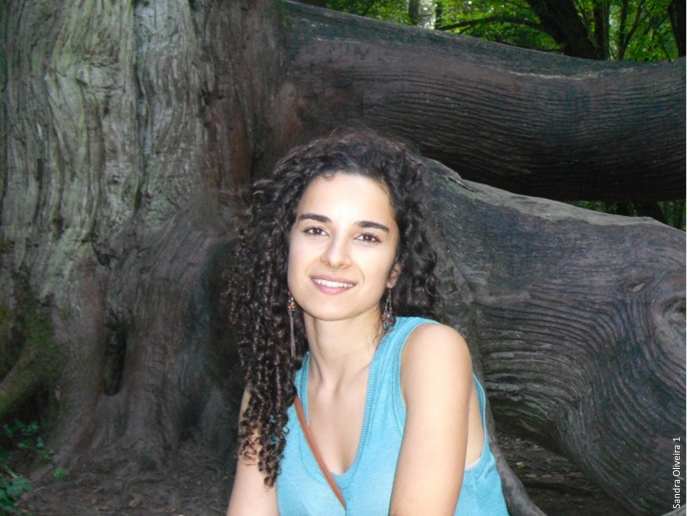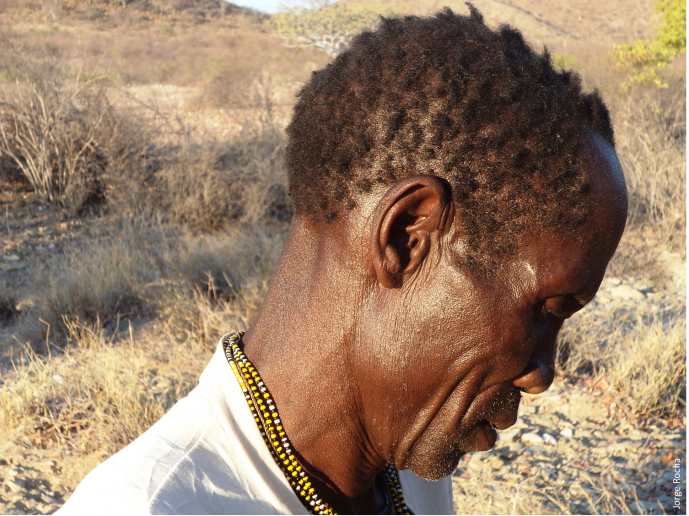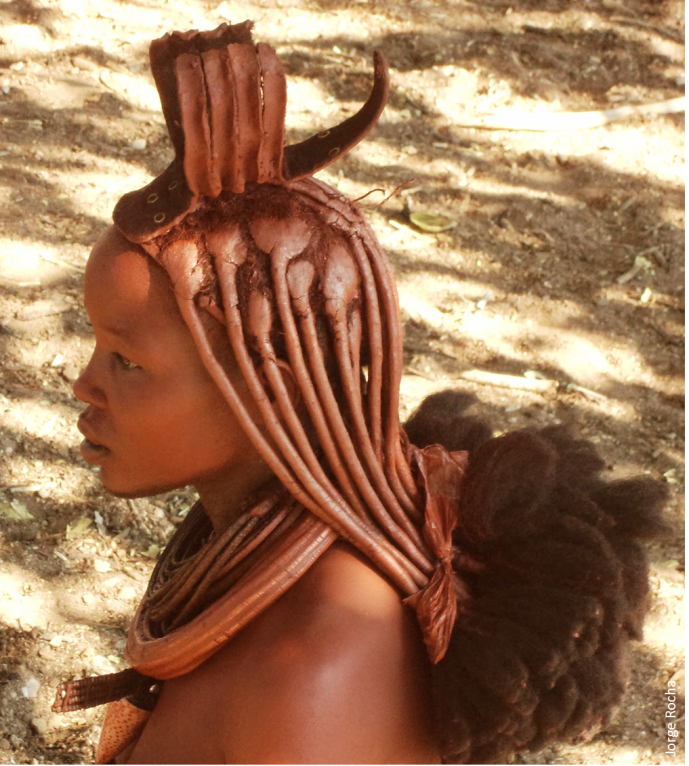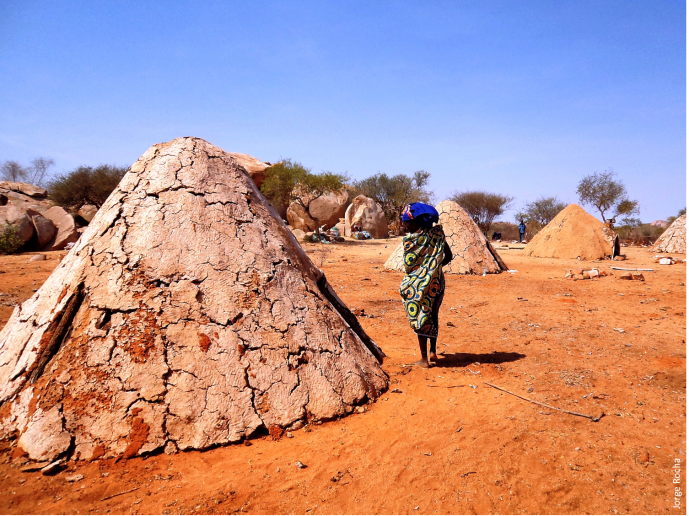Sandra Oliveira
Collaborator
The southern region of Angola is peopled by highly diverse groups in terms of language, culture and subsistence patterns. This diversity is the result of contact between indigenous Khoisan-speaking peoples, Bantu-speaking farmers that successfully expanded from Cameroon towards East and Southern Africa, and pre-Bantu pastoralists whose origin is still unclear.
In my PhD work, supervised by Professors Mark Stoneking and Jorge Rocha, I am characterizing the genetic diversity of different contemporary groups from southern Angola, including two remnant populations (Kwepe and Kwisi), whose DNA I will attempt to recover from archived blood group cards previously collected in early anthropological missions. Taking advantage of Next-Generation Sequencing methods I hope to answer questions concerning the origin, migration routes and admixture patterns of the studied populations and to provide new insights about the peopling of southern Africa.
Besides studying human population history, I am also interested in understanding the evolutionary factors that influenced the geographical spread of advantageous variants. In my master’s project I developed simulation approaches to study the effects of the spatial diffusion of adaptive mutations on linked haplotype variation, using malaria resistance variants to model the action of natural selection.



